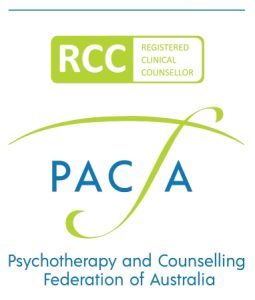
9 Grief and Loss Types & Stages
Grief is the multifaceted and often overwhelming response that we experience after a distressing or traumatic event. Often, we think of the death of a loved one but many other events can be the cause of experiencing grief and loss and include:
- Miscarriage, stillbirth or an infant born with significant health conditions or disability
- Infertility (including the often-tumultuous IVF journey)
- Lifestyle or financial loss such as bankruptcy, loss of a house or the loss of a job
- End of a significant relationship – spouse, friend, pet
- Serious illness or disease or diagnosis of a loved one that changes life as we know it
- Loss of physical mobility or independence
- An incident that violates your security or safety such as an attack or robbery
- A significant near-death experience or accident such as a motor vehicle accident or house fire
- Community events such as environmental disasters such as a cyclone or floods.
























